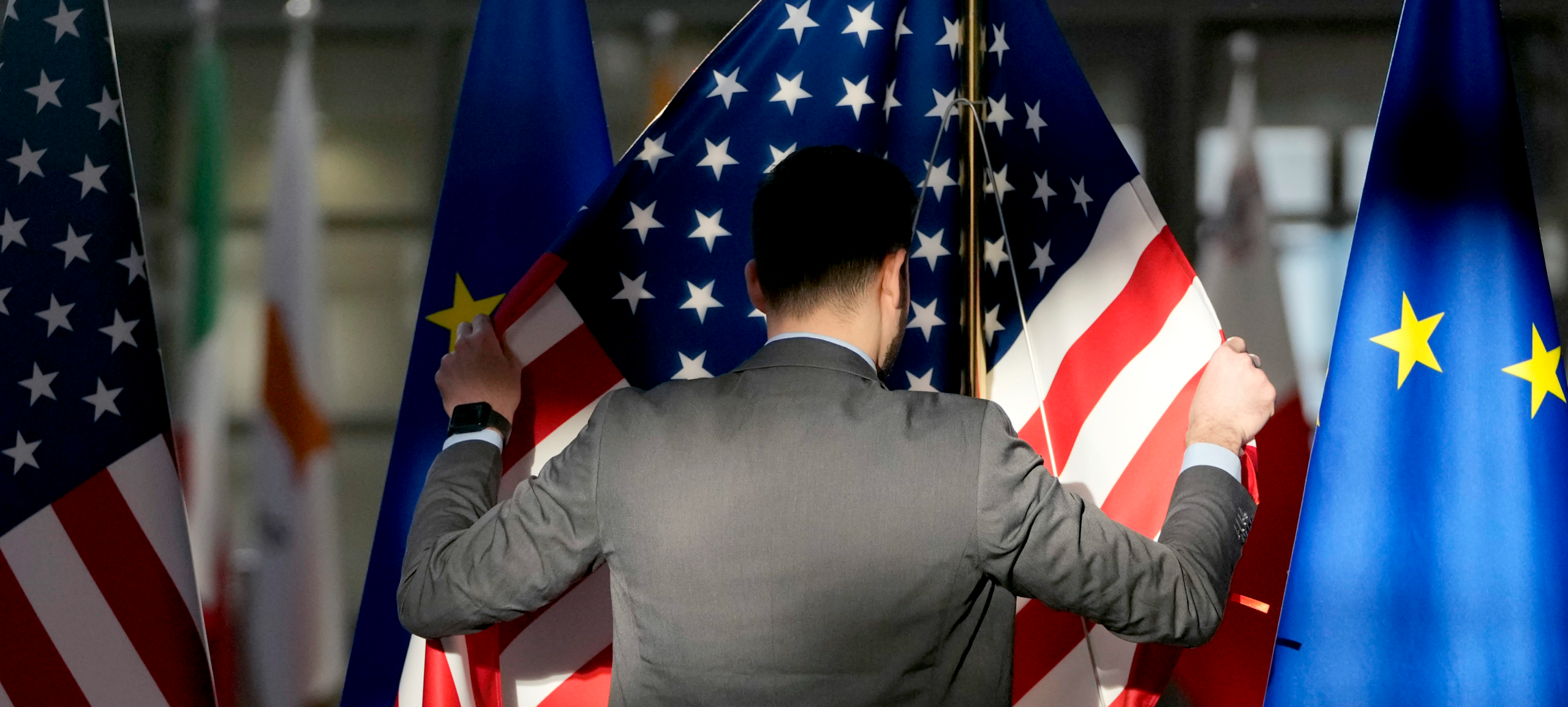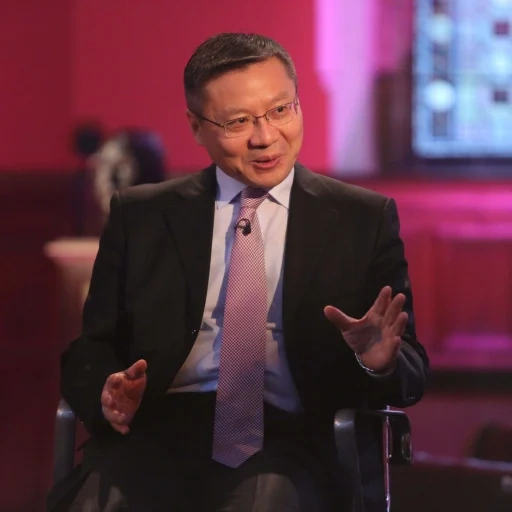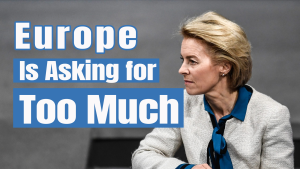While Europe Stakes Its Fate on U.S. Election, China Looks On with Amusement

Let me begin with this rather heavy theme of the Munich Security Conference Report for 2024 “Lose-Lose”, suggesting that the post-Cold War optimism regarding security and development has dissipated, and the world is facing a situation of “lose-lose” for all.
Europe is the first in the world to declare a Green Deal with much fanfare, yet how many people still remember that? In contrast, China has completed its Green deal within a decade through its down-to-earth development model, and ASEAN is its main external beneficiary. This success has drastically reduced China’s dependency on the Malacca Strait, highting how development and security can be intertwined. So Bill Clinton may be right when he said: Stupid, it’s the economy!
French president Marcon warned not long ago at Sorbonne: Europe is in danger of becoming America’s vassal state. This is in fact the view shared by most reasonably educated people in the world. European politicians don’t understand that? Indeed, without real political independence, without European centrality, how can there be real security for Europe? At this particular moment, Europe is deeply concerned with who will win the coming American election and the fate of Europe seems depending so much on who will occupy the White House, Trump or Harris. In contrast, China watches the US election with great ease and even amusement. We know that system is broken and it will go way down, and we will deal with whoever in Washington on his or her own merits, and we also know ASEAN will not to pick sides at all, as most Asians understand well Henry Kissinger’s famous remark: it’s dangerous to be the enemy of the US, but it’s fatal to be friend of the US.
Now, the one key factor, let me borrow the NATO’s terminology “the decisive enabler”, not in NATO’s sense of accusing China being a “decisive enabler of the Ukraine crisis, which is ridiculous and nonsense, but in the sense of China being the decisive enabler of the win-win for the China ASEAN space and more. Here a quick comparison between China and America’s way of thinking and behaviour as big powers.
First, the US treats other countries as “either a friend or foe”, while China, with a much longer time-frame as a civilizational state, treating others as “a friend or potential friend”.
Second, China does not have the messianic tradition to convert others or a militarist tradition for conquest, as compared with the US or the former European powers. The absence of religious wars in China’s long history was a source of inspirations for many European Enlightenment giants such as Voltaire, Leibniz and Spinoza. It reminds me of my debate with Fukuyama held in the heyday of the Arab Spring in 2011, he predicted China will experience its own version of the Arab Spring, I said No chance, and the Arab spring will soon become the Arab winter, Indeed, if Europe could have heeded the counsel by Chinese scholars like me, Europe could have avoided the tragic refugee crisis.
Third, of all the major powers, China has the highest threshold for the use of force, a great tradition from ancient times, from the time of Sun Zi of 2500 years ago. When China first tested its nuclear device in 1964, China declared that it will never be the first to use nuclear weapons nor will it use nuclear weapons against non-nuclear weapon states. If all nuclear powers can emulate China, there will be no danger of nuclear wars in the world.
 On October 8, Professor Zhang Weiwei delivered a speech at the Geneva Centre for Security Policy.
On October 8, Professor Zhang Weiwei delivered a speech at the Geneva Centre for Security Policy.
However, civilizational state is first and foremost a modern state with powerful defense capability. China has clear-cut red-lines which no foreign country can cross. During the Cold War, there were no hot wars between the US and USSR, but unfortunately two hot wars between China and the US: the Korean war in the 1950s and the Vietnam war in the 1960s and 1970s, and not long ago, China test-fired its ICBM as a stern warning against those trigger-happy war-mongerors. Prof Anthony Hopkins has counselled long ago that the US should take advantage of China’s rise rather than trying to stop it, which will go nowhere. I myself have long ago coined a concept called Mutually Assured Prosperity (MAP) for the Sino-US relations to replace the outdated Cold-War concept of Mutually Assured Destruction (MAD).
Fourth, China has an overall vision for the world vastly different to that of the US: China stands for “Unite and Prosper”, not “Divide and Rule”, China stands for One human community, rejecting categorically the American philosophy of “on the table or in the menu”.
From my discussions above, you can already guess my key message for my European friends is very simple: Europe should, with its sophisticated wisdom, culture and courage, in one way or another, fix its American problem, and eventually America will realize this is also in its best interest.
The world is already different. EU’s foreign affairs representative Josef Borrell made a correct remark not long ago: in Latin America, in Africa, in the Middle East and North Africa and, of course, in Asia almost everyone thinks now that there are credible alternatives to the West, not only economically, but also technologically, militarily and ideologically. This is true, we should have the courage to embrace wisdom and best practices from other countries and other civilizations. China and ASEAN have learnt so much from Europe, I myself have learnt so much from Switzerland, why can’t Europe learn something from China and ASEAN for its own benefits and as an effective way to turn its lose-lose into win-win in the future?
Editor: Catherine Yang



